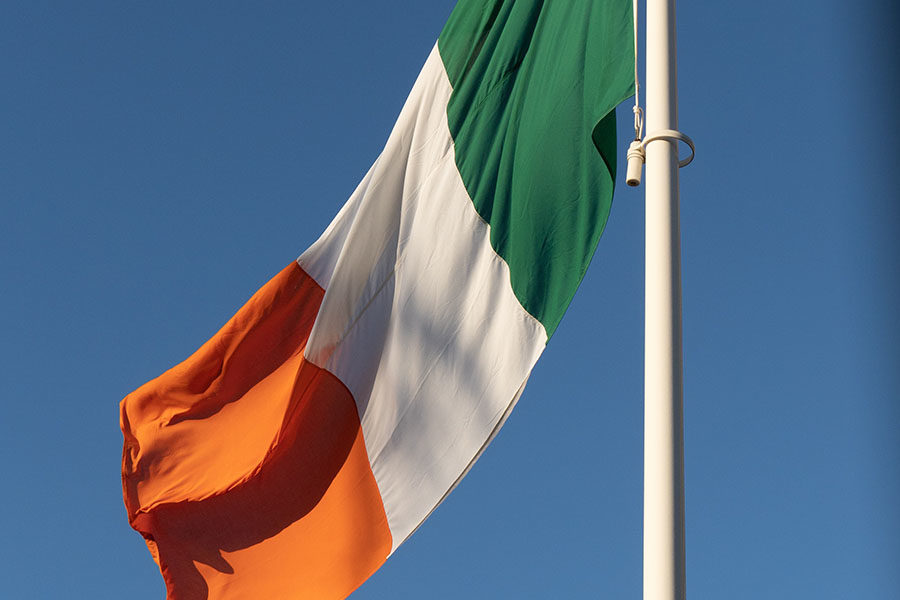Research body says Ireland’s problem gambling rate is higher than estimated

The ESRI estimates that a quarter of all gambling spending is a result of problem behaviour.
Ireland.- The Economic and Social Research Institute (ESRI) has released a report that suggests that one in 30 adults in Ireland experience problem gambling. That’s ten times the official estimate of the Irish problem gambling rate from 2019.
Those who were identified as experiencing problem gambling were found to spend over €1,000 a month on gambling on average. Researchers say this would mean that over a quarter of all gambling spending is a result of problem behaviour. Online gambling was found to represent three-fifths of gambling spending among those experiencing problem gambling.
In comparison with previous surveys which were conducted face-to-face, the ESRI’s report is based on anonymous online panels held in August. Some 2,850 adults participated, and ESRI says its figures match what people report seeing among friends and family and figures on industry revenue. Extrapolated the country as a whole, the results would suggest that 130,000 experience problem gambling in Ireland.
An estimated 279,000 show moderate evidence of problem gambling. People aged under 50 showed higher rates of problem gambling, with those in their 30s showing the highest rate. The most common forms of gambling reported were lottery and scratch cards. They were followed by betting on horse racing, betting on greyhounds and other sports betting. Slot machines and online casino gambling were more prevalent among those experiencing problem gambling.
Pete Lunn, head of ESRI’s Behavioural Research Unit, said: “It is hard to measure problem gambling precisely. But we are confident that 1-in-30 adults more accurately reflects the true situation than previous estimates.”
ESRI reported that the reason for problem gambling included availability and advertising. That makes it likely to increase the support for the restrictions on gambling advertising proposed under the new Irish Gambling Regulation Bill.
The study was commissioned by the Department of Justice and the Implementation Team for Ireland’s new Gambling Regulatory Authority.
The new regulator’s CEO designate Anne Marie Caulfield said: “The true extent of problem gambling in Ireland is hidden from public view and the importance of this ESRI study in shining a light on the extent of gambling harm in Ireland cannot be underestimated.
“Problem gambling impacts not just on the individual involved but also on their family and friends. The insights from this and other studies into gambling in Ireland will be invaluable to the Authority as we undertake our work in education, awareness and in introducing other measures, such as the exclusion register, to protect against gambling harm.”
The publication of the report comes a month after another report raised concerns about underage gambling in Ireland. Entitled ‘Children and gambling – evidence to inform regulation and responses in Ireland’, the study found that almost one in four 16-year-olds in Ireland gambled for money in the prior 12 months. Nearly a quarter of those said they struggled to control their gambling.











